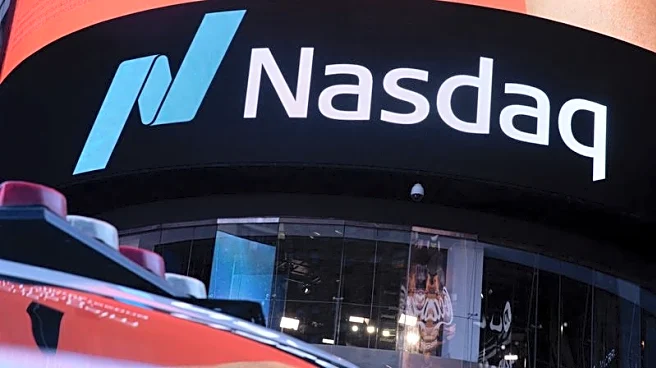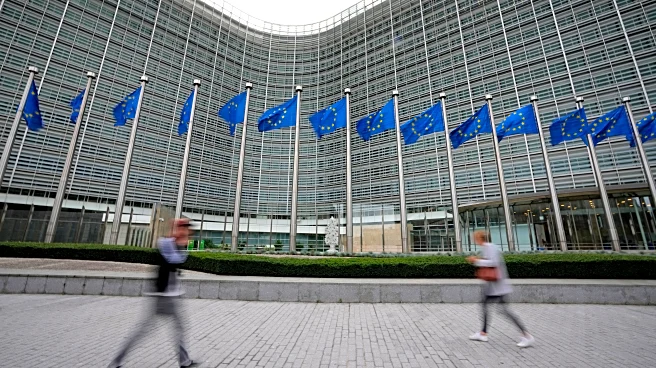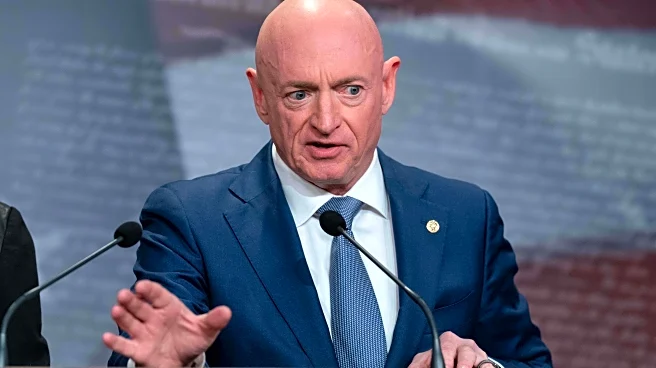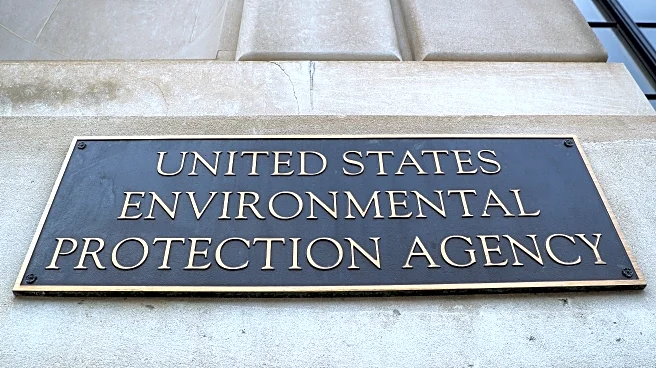By Mrinmay Dey
(Reuters) -Exchange operator Nasdaq proposed on Wednesday stricter listing standards, including a higher minimum public float for certain new listings and a faster process to suspend and delist
thinly traded companies.
Nasdaq said in a statement that it would require companies primarily operating in China to raise a minimum of $25 million in public offering proceeds to qualify for listing, reviving a threshold it previously applied to issuers from "restrictive markets".
The New York-headquartered exchange operator said it submitted the proposed rules to the U.S. Securities and Exchange Commission for review, and if approved, plans to implement the changes promptly.
Wall Street's top regulator in June singled out China as it sought to raise disclosure requirements for listing hopefuls.
The proposed changes come as a record number of Chinese companies are seeking to list in the U.S. this year, driven by onerous domestic rules and the prospect of better valuations despite volatile Sino-U.S. relations and regulatory scrutiny.
Under the proposal, new listings under Nasdaq's net income standard would require a minimum $15 million market value of public float. The exchange also proposed a faster suspension and delisting process for companies with listing deficiencies and a market value of listed securities below $5 million.
"These enhancements reflect our ongoing commitment to evolve our standards in step with market realities," John Zecca, Nasdaq's executive vice president and global chief legal, risk and regulatory officer, said in the statement, adding that higher minimums are intended to improve liquidity for public investors.
Nasdaq said the changes follow a review of trading activity, including patterns associated with "potential pump-and-dump schemes in U.S. cross-market trading environments," and are intended to recalibrate minimum liquidity standards as company valuations and market dynamics shift.
The exchange added that it would continue to refer potentially manipulative trading to the SEC and the Financial Industry Regulatory Authority, and deepen cooperation with domestic and international regulators.
More than 100 Chinese firms, including technology leaders Alibaba, JD.com and Baidu, are listed in the United States, boasting a combined market value of about $1 trillion as of March, according to data from the U.S.-China Economic and Security Review Commission.
The fall IPO window in the U.S. is shaping up to be one of the busiest in years, as companies race to capitalize on resurgent investor demand ahead of the close of 2025.
In April, tearoom chain Chagee debuted on the Nasdaq, raising $411 million in one of the biggest U.S. IPOs by a Chinese firm so far this year.
(Reporting by Mrinmay Dey in Bengaluru; Editing by Alan Barona and Sherry Jacob-Phillips)









